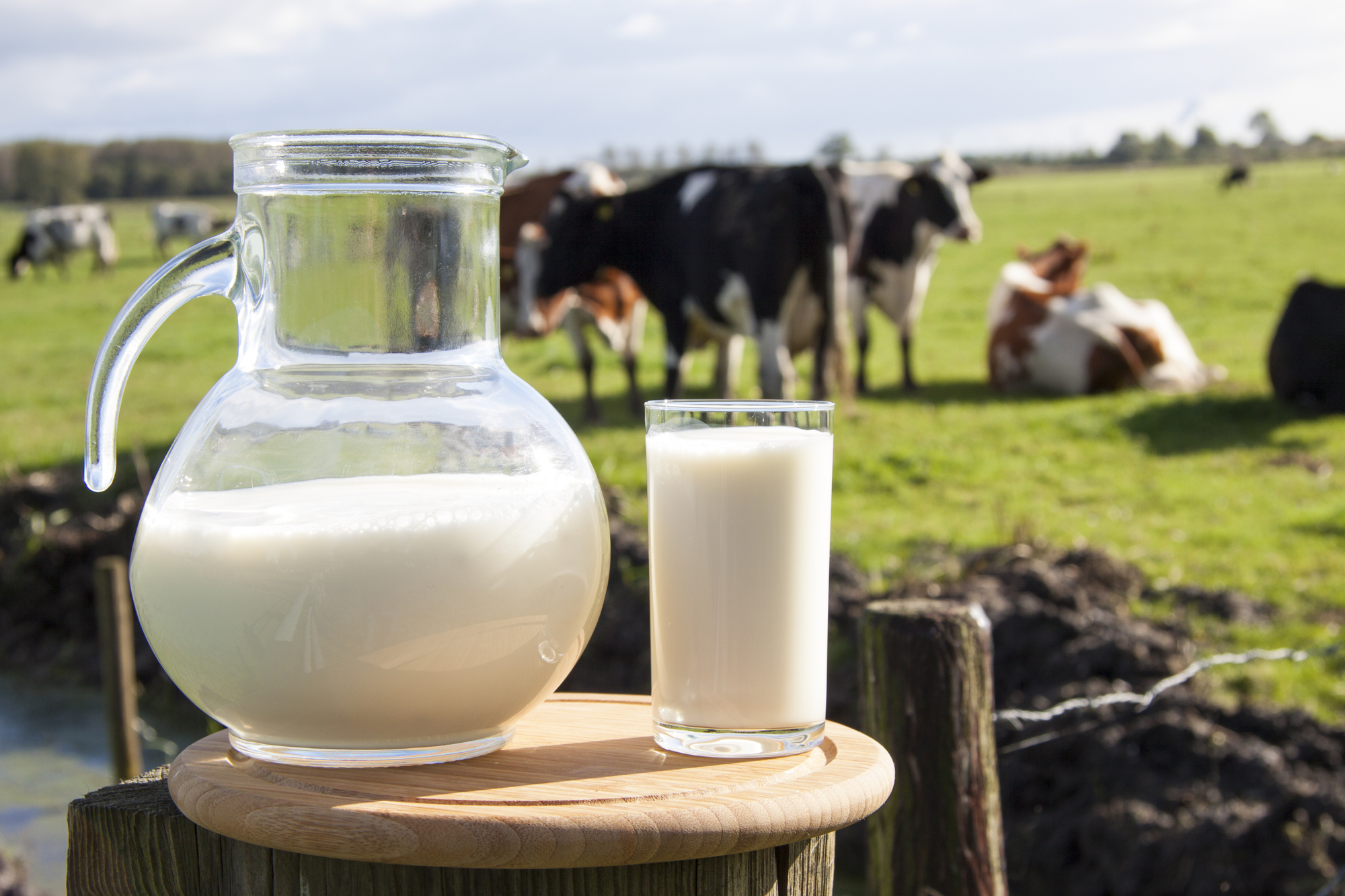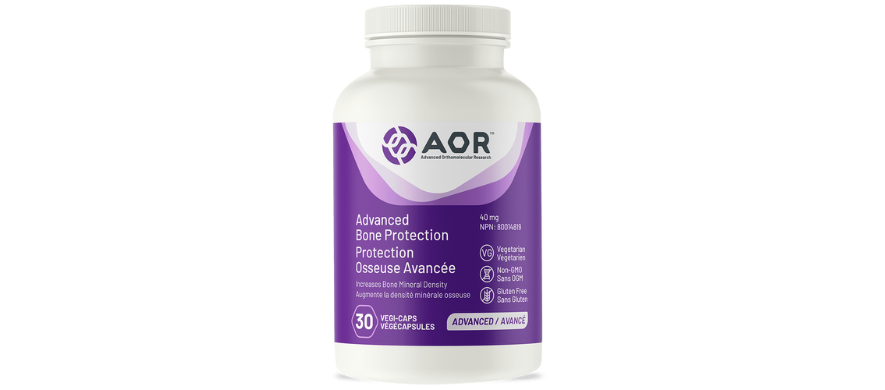Do you remember being told to drink milk to grow big and strong as a kid? Whether you envisioned developing increasingly unbreakable bones with every milk moustache or not, one message still rings true: strong bones are a cornerstone of good health. Maintaining strong bones is especially important for women, who account for 80 percent of osteoporosis sufferers in North America alone.
Osteoporosis Risk Factors for Women
Ominously nicknamed “the silent disease,” osteoporosis can creep up on us with few to no physical symptoms. Many only discover they even have osteoporosis in the aftermath of a nasty fall or fracture later in life. Statistically, women are up to two times more likely to experience this kind of injury (such as a hip fracture) than men. But why might this be?
Bone mineral density
One reason women are more likely to suffer from osteoporosis—or even its less advanced form, osteopenia—is due to a natural tendency for lower peak bone density than men. Alongside a less robust foundation, as we age, our estrogen levels will naturally decrease and accelerate bone loss.
To get a snapshot of your current bone health, you can have your bone mineral density (BMD) measured. This non-invasive test determines an individual’s risk for fractures and osteoporosis through a “T-score.” The World Health Organization defines osteoporosis as a T-score of -2.5 or lower in younger adults (a score 25 percent below average). A generally low score (between -1.0 and -2.5) indicates osteopenia, which means you could still be on your way to eventually developing osteoporosis. But it’s not all doom and gloom from here! By getting the jump ahead on these inherent risk factors, we can take proactive steps to support our bone health later in life and even bolster depleted mineral stores.
Nutrition Heroes
Our intake of essential nutrients plays a key role in the story of our bone health, even long after our days of running on playgrounds. Strong bones are first built, then maintained, in the kitchen. Calcium tends to get a lot of the accolades when it comes to bone health. But behind every superhero, there’s usually a sidekick (or two!) holding up the cape—this is where vitamin D and protein come in.

Both of these nutrients are great at helping the body absorb more calcium, but protein especially stands out for its many other many bone-boosting benefits. Protein lends flexibility and strength to bones and supports muscle development—all crucial factors when it comes to everyday mobility and injury prevention. According to Osteoporosis Canada, adult diets that include sufficient amounts of both protein and calcium are associated with better BMD scores and fewer fractures. On the flip side, those lacking in protein are associated with lower BMD and a higher risk of fractures. Tellingly, an investigation into some patients’ diets just months before a fracture will often reveal a suspicious lack of protein.
Discover the Best of Bone Builders
Of course, not all proteins are created equal. If you browse an athlete’s pantry, there’s a good chance you’ll come across whey protein, which has been proven over and again to be a high-quality nutrient derived from dairy sources. Research further indicates that the natural whey protein found in trace amounts within bovine milk, MBP (milk basic protein), has particular bone-protective qualities. Beyond its complementary benefits when paired with calcium, this multifunctional protein is known to:
- Activate osteoblastic bone formation. MBP increases osteoblasts, the bone-forming cells used for osteogenesis or bone synthesis and mineralization throughout our lives.
- Suppress excess osteoclastic bone resorption. The function of osteoclast cells is essential, but dysregulated resorption is associated with unhealthy bone loss and diseases like osteoporosis and bone tumors.
- Support collagen production. Further research into the full benefits is needed, but MBP contains the transforming growth factors (TGF)-β1 and -β2, which are known to stimulate collagen production in cells like osteoblasts.
Milk Basic Protein in action
Once you know the secret benefits of MBP, you may be wondering how you can start including it in your diet. In Japan, where MBP was first discovered, some foods are already fortified with it. But for more convenience and ease, supplementation is a great option to consider. We can look to science for direction when it comes to proper dosing: among other supportive research, a six-month study conducted on 33 healthy adult women showed that a daily dose of just 40 mg of MBP significantly increased radial bone mineral density when compared to a placebo group.
Supplement with Advanced Bone Protection
To proactively build up your BMD and prevent bone loss—or even support healing after a fracture—consider taking a natural, science-backed supplement that’s supportive of women’s health: AOR’s Advanced Bone Protection.

Made from bovine milk, this MBP supplement has been shown to improve BMD when taken with calcium. It can also help boost collagen and optimize calcium usage, but what really sets this supplement apart is a unique ability to pick up and "stick" calcium ions where they're needed most, right on the bone. Advanced Bone Protection is also non-GMO, vegetarian, and gluten-free.
Bone health shouldn’t be neglected until life throws us a curveball with an injury or osteoporosis. Get proactive about maintaining your health today and build up stronger bones for a stronger body.

At AOR, our vision is to transform health through natural, personalized, and therapeutic care. We seek to catalyze change and challenge conventions through continuous innovation. For twenty-eight years, it has been our mission to transform scientific research into evidence-based, natural health products that empower people to lead their best lives.







